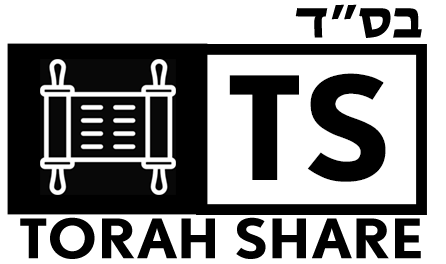Rabbi Dovid Orlofsky – Shares the underlying meanings of the “minor” holiday of Tu B’shvat. This includes the concept of it being the new year of the tries (parallel to how Rosh Hashanah is the new year of the World). Every year on Rosh Hashanah Hashem determines whether the World deserves another turn by it’s content and future promise of mitzvot and fulfilling Hashem’s plan. Similarly, trees represent the potential of it’s upcoming fruit ensuring it’s survival to bear that fruit.
If you are interested in more videos from this Rabbi please visit his YouTube Channel: https://www.youtube.com/@RabbiOrlofsky
If you are interested in receiving these Torah-Share.com posts via email please subscribe here: https://torah-share.com/subscribe/
